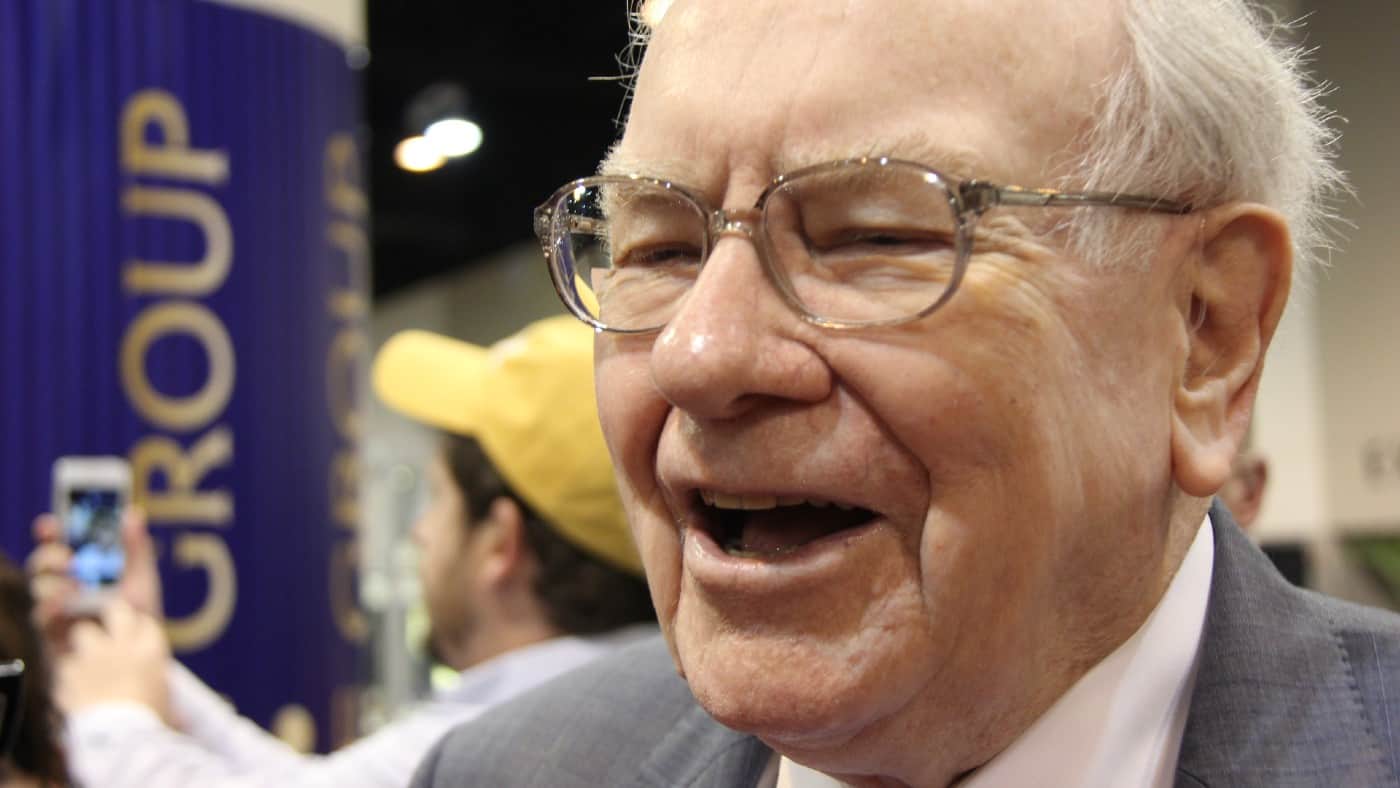Billionaire investor Warren Buffett is a proven master when it comes to generating passive income. He invests in well-known blue-chip shares and every year, billions of billions of pounds in dividends roll into his office while he simply banks the rewards.
Buffett may seem a long way from the day to day life of most of us. In fact though, his approach to investing and generating passive income is something that can be used on a far more modest scale. If I had a spare £30 each week, I would try to turn it into serious passive income streams by using some simple but important Buffett principles.
Taking the long-term view
Of course passive income starting today would be great. But sometimes the bigger prize is in patience.
Buffett takes a long-term approach to investing. By doing the same I could help time work for me, not against me.
Imagine I invested £30 a week and compounded it at 5% annually. If I wanted to start drawing a passive income from it after one year, it would be almost £80 per year. But if I waited 10 years my passive income would be over £1,000 annually. If I waited 25 years, it would be around £3,870 per year.
Using income to make more income
But wait, what exactly is compounding?
It is a simple but powerful technique that helps explain a lot of Warren Buffett’s success: basically reinvesting dividends to buy more shares.
The downside is that it means for now, I would be putting my £30 in each week without actually having a second income.
The upside is that, at some point in the future of my choosing, it ought to give me larger passive income streams than if I withdrew all of the dividends as I got them, rather than putting them back to work the way Warren Buffett does.
Sticking to big, high-quality businesses I understand
Another Warren Buffett trademark is investing in businesses he understands, specifically large ones that have proved their business model already.
Take Coca-Cola (NYSE: KO) as an example. Buffett has not bought a share of it for decades, but has held his shares over the long term and now earns hundreds of millions of pounds annually in passive income just from Coca-Cola.
It helps that the firm is a Dividend Aristocrat, meaning that it has raised its dividend per share annually for decades. But what allows it to do that is the sort of business model that attracts the Sage of Omaha.
It has a large market of potential customers who buy often. Its strong brand and unique formula give it a competitive advantage. That gives the company pricing power, allowing it to charge a premium for products that can be cheaply manufactured.
All of that adds up to a cash generation model that supports the dividend. That said, healthier drink preferences are a risk to Coke’s traditional business so it needs to keep its portfolio up to date.
How I’d start
Buffett began investing buying just a few shares with a little spare money.
To do the same now, and start building passive income, I would set up a share-dealing account or Stocks and Shares ISA.





